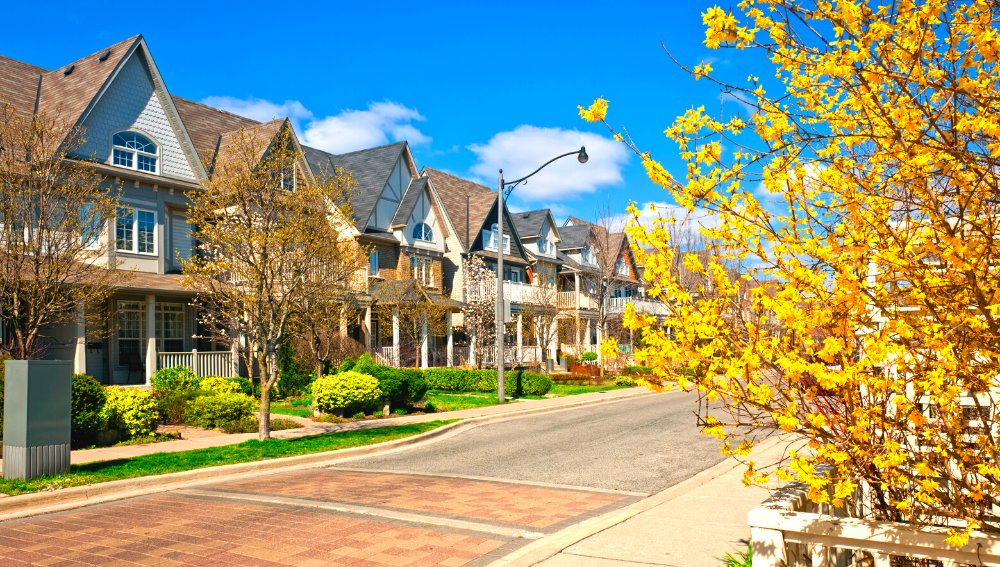Roads within secured residential estates – public or not?
In July 2022, the High Court of Pretoria in the case of PJJ Van Vuuren Beleggings (Pty) Ltd v The Wilds Homeowners Association (“The Wilds case”) handed down this judgment in determining when roads within a secure residential estate could in fact be for public use and benefit.
In short, the first applicant, being the developer, intended to commence development on a portion of a property which could only be accessed through two roads running through the residential estate. The first respondent, being the homeowners association (“HOA”), restricted access to the roads on condition that the first applicant pay additional contributions as well as full levies. The HOA argued that it would be unfair to allow the developer use and benefit of the roads as well as the security measures without the developer having contributed to the maintenance of the roads.
The court, in reaching its conclusion, reasoned as follows:
- Section 63 of the Local Government Ordinance 17 of 1939 (“the Ordinance”) which specifically states that if roads (and all that fall within the ambit of the definition of a road) were set apart and appropriated for public use that such a road is public irrespective of the location of the road.
- The Rationalisation of Local Governance Affairs Act 10 of 1998 (“the Local Governance Affairs Act”), further states that denying or restricting access to public roads is illegal, unless such restriction is approved by the relevant municipality.
- The case of Mount Edgecombe Country Club Estate Management Association II (RF) NPC v Singh and Others (“the Singh case”) in the Supreme Court of Appeal (“SCA”), with regard to the court’s consideration of the definition of a public road within a secure residential estate. The court in the Singh case held that the roads within the estate in question were not public roads due to the fact that the estate was a private township and further was an enclosed area where access was controlled.
- The High Court in The Wilds case pointed out that in terms of the general plan of the area in which the residential estate is situated, the roads in question had in fact been set apart and appropriated for public use and benefit which had been approved by the Surveyor-General.
The court held that section 63 of the Ordinance applied to the roads in question due to the fact that the roads were set apart and appropriated for public use and benefit within the general area plan. The court also established that the facts of the case were distinguished from that of the Singh case and thus the Singh case could not be relied on in this matter.
In its conclusion, the court reasoned that even though the HOA is entitled to erect control facilitates on the specific erven in order to control access, it was not entitled to restrict access to the public roads within the estate and that the restriction of access of public roads may only be exercised in terms of sections 43 to 47 the Local Governance Affairs Act.
The Singh case was a very important judgment due to the fact that the SCA made a decision as to whether roads within a residential estate were private or public within the context of the issues dealt with in Singh. It is submitted that The Wilds case is important in its own right as it once again confirms that the facts of each individual case are what ultimately determine the outcome of the question whether a road is public or private, and a court’s decision irrespective of a similar standing decision.
In conclusion, even though a secured residential estate has access control over the secure residential area the question whether any specific road is public or private, is not always as straightforward as it seems and restricted or controlled access does not automatically mean that the HOA is entitled to restrict access to the roads.





